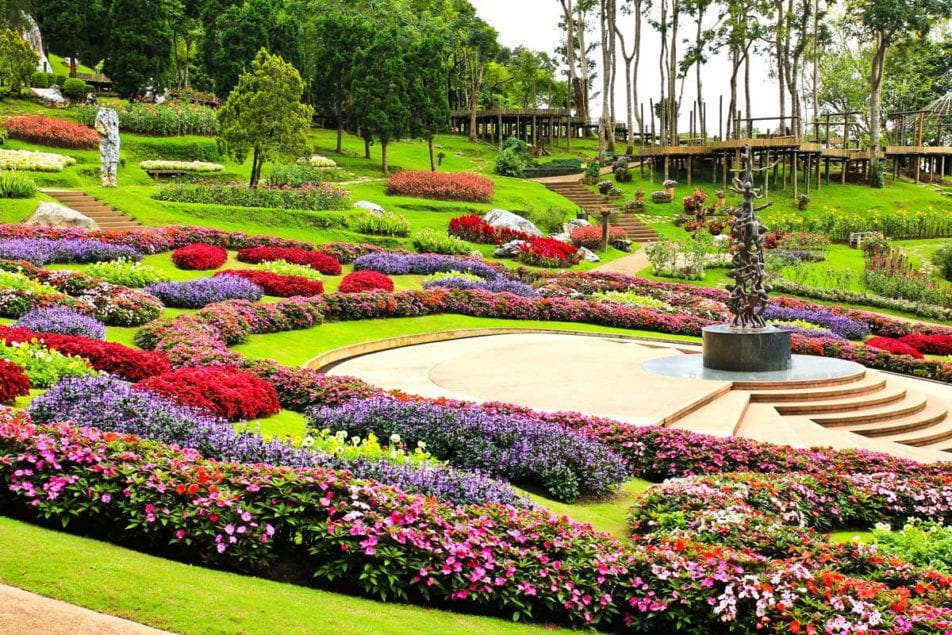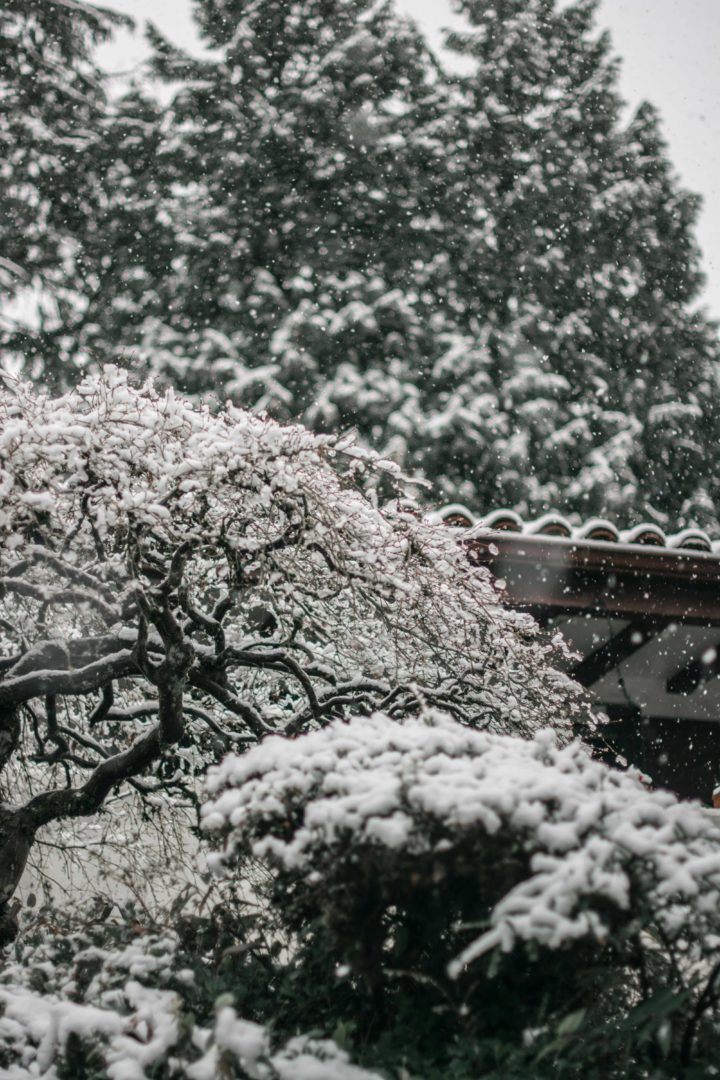Hedges, with their lush foliage and natural beauty, are a timeless addition to landscapes that transcend mere aesthetics. But what exactly is a hedge, and why is it a valuable asset for your outdoor space? In this article, we’ll unravel the secrets of hedges, exploring their definition, functions, and the myriad benefits they bring to your garden or property.
- Defining a Hedge: A hedge is a row of closely planted shrubs or trees that form a barrier or boundary, often serving as a living fence. Hedges can be created using various plant species, and their height and density can be tailored to suit specific aesthetic or practical purposes.
- Functions of a Hedge: Hedges serve multiple functions, making them versatile additions to any landscape. They act as privacy screens, windbreaks, and noise barriers, offering a natural solution to enhance the overall ambiance of your outdoor space.
- Privacy and Security: One of the primary roles of a hedge is to provide privacy. By creating a dense and green barrier, hedges shield your property from prying eyes, offering a sense of seclusion and security.
- Windbreaks and Microclimates: Hedges act as effective windbreaks, reducing the impact of strong winds on your garden. Additionally, they contribute to the creation of microclimates by providing shelter, allowing for the cultivation of a wider variety of plants.
- Noise Reduction: The dense foliage of a well-maintained hedge serves as a natural sound absorber, helping to reduce noise from nearby streets or neighbors. This makes hedges an excellent choice for properties in urban or suburban environments.
- Aesthetic Appeal: Beyond their functional aspects, hedges add an element of beauty to your landscape. With various species offering different colors, textures, and shapes, hedges can be sculpted to complement the overall design of your garden.
- Types of Hedges: Hedges can be classified into different types based on the plants used, including evergreen hedges, deciduous hedges, and flowering hedges. Each type brings its own unique characteristics to the landscape.
- Hedge Maintenance: Proper maintenance is crucial for the health and longevity of a hedge. Regular pruning, shaping, and pest control ensure that the hedge remains dense, vibrant, and continues to fulfill its intended functions.
- Choosing the Right Hedge for Your Space: When selecting plants for your hedge, consider factors such as climate, soil conditions, and the specific purpose of the hedge. Consulting with a landscaping professional can help you choose the perfect hedge for your needs.In conclusion, a hedge is more than just a row of plants – it’s a green guardian that adds privacy, security, and aesthetic appeal to your outdoor space. Whether you’re aiming for a cozy backyard retreat or a front yard masterpiece, the right hedge can transform your landscape into a harmonious and inviting haven.







